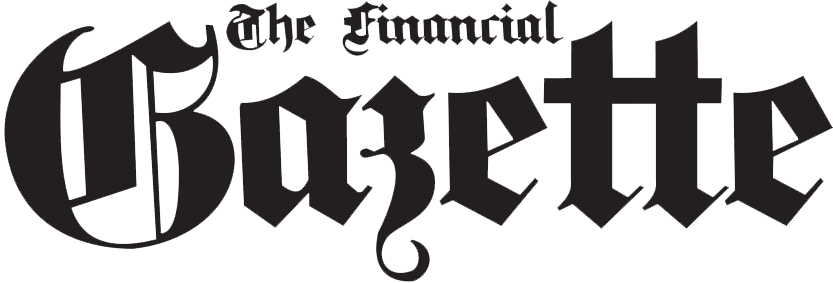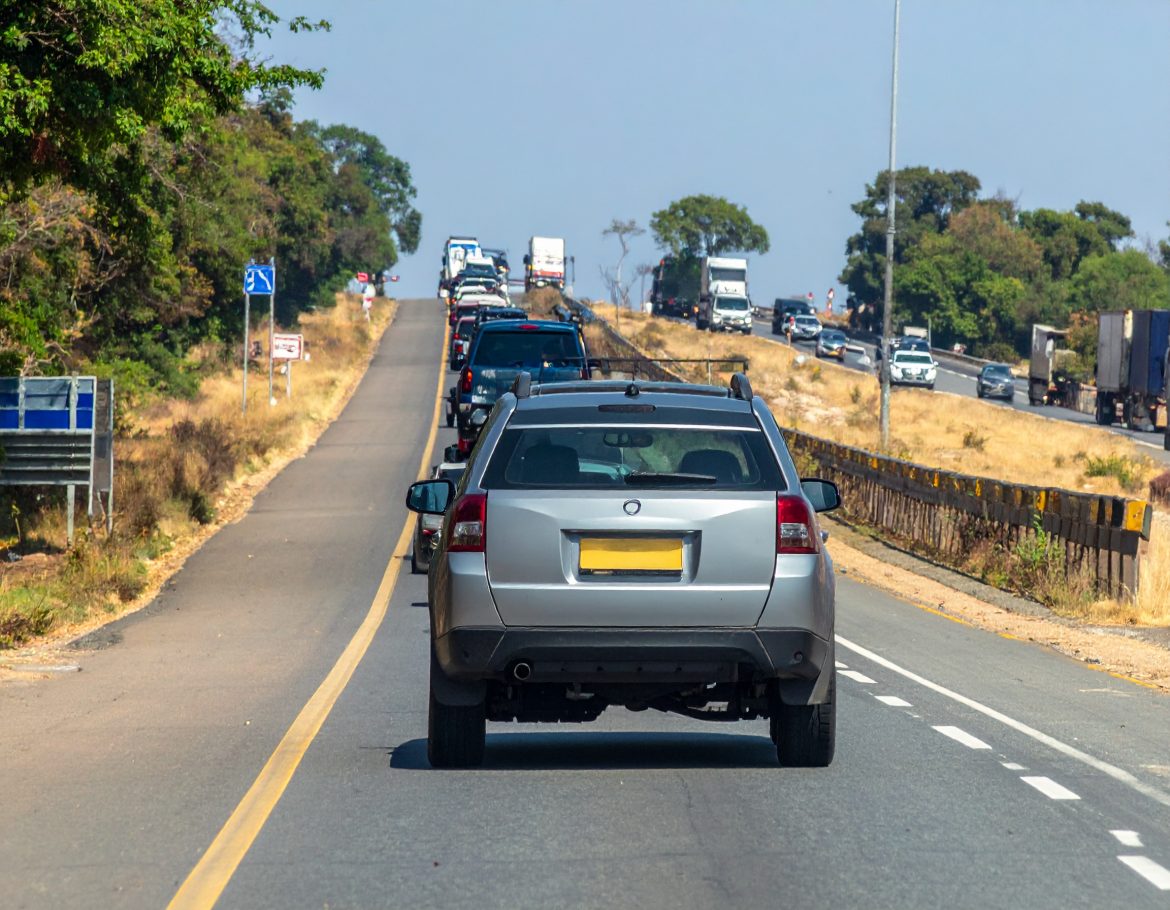ZIMBABWE loses millions of US dollars annually due to a growing underground network of informal car dealers who smuggle large sums of foreign currency out of the country to purchase vehicles in neighbouring countries.
Police and tax authorities’ investigations reveal that this cash-based trade, often aided by corrupt border officials, is one of the key drivers of illicit financial flows (IFFS), draining foreign currency reserves and weakening the country’s financial systems.
The practice undermines Zimbabwe’s efforts to tighten cross-border cash controls, combat corruption, and bolster formal banking channels. With informal car imports averaging about US$500 million a year—nearly 10 percent of all imports, according to the Zimbabwe National Statistics Agency—authorities are contending with a shadow economy that relies on smuggling, under-invoicing, and tax fraud.
Statutory Instrument 166 of 2024 caps the foreign currency individuals can carry out of the country at US$2,000. The regulation is aimed at curbing money laundering. Larger amounts require prior authorisation from the central bank. But in practice, informal car dealers regularly breach these limits, transporting tens of thousands of dollars across borders, mostly to South Africa and Tanzania, to buy pre-owned vehicles.
“I go through the Beitbridge border post with tens of thousands of US dollars in cash multiple times a week to buy cars in Musina for my clients in Zimbabwe,” said Knowledge Nsingo, an informal car agent based in Beitbridge. “We pay the police between R50 and R100 to walk past the border. No one checks my satchel.”
On a good week, Nsingo imports up to 10 vehicles from South Africa and clears them for clients from Harare to Bulawayo. Other informal dealers use hired drivers to travel by road to Tanzania and buy second-hand Japanese cars, again using only hard cash. Once cleared through customs—often fraudulently—these vehicles are sold through informal channels, avoiding VAT and other statutory fees.
“Our suppliers demand crisp US$100 bills, so we can’t use electronic transfers,” he added. “Even if we wanted to go through banks, the suppliers won’t accept. They know we are dealing in cash.”
The trade often relies on bribery and underhand dealings with customs and Zimbabwe Revenue Authority (ZIMRA) officials, allowing under-invoicing and duty evasion. These illicit actions have been enabled by the collapse of Zimbabwe’s vehicle assembly industry, pushing many locals to rely on cheaper, imported used cars.
“Vehicle importation is costly and has created room for smuggling, under-invoicing, and transit fraud,” said investment analyst Enock Rukarwa. “These activities thrive because of the complicity across the import-clearing chain—from policy loopholes to corrupt ZIMRA and security officials.”
Rukarwa adds that when economic systems are inefficient or punitive, citizens naturally resort to parallel structures. “Wherever pricing and exchange rate systems are inefficient, a black market emerges.” However, this is not just about cars – it goes back to the failure of institutions to serve the population fairly.
Zimbabwe National Chamber of Commerce (ZNCC) chief executive Chris Mugaga echoed the same concern, saying high vehicle import duties fuel corruption. “Authorities are losing up to 65 percent of what they should collect in duties. Customs officers manipulate values, especially for second-hand cars. It’s widespread,” Mugaga said.
Mugaga noted that excessive duties and the complex paperwork involved in formal importation have made informal channels more attractive. “The average person just wants an affordable car. But the tax regime makes that difficult. So they turn to informal agents who can ‘work the system.’”
Economic analyst Victor Bhoroma said the multicurrency system has made it easier for citizens to bypass banks entirely when importing vehicles. “Lack of confidence in the banking sector means people are saving outside formal systems. That weakens our financial stability,” he noted.
He explained that the dominance of cash in such large transactions means the country misses out on key monetary policy tools. “The more money circulates informally, the less control authorities have over money supply, interest rates, and credit creation.”
The scale of vehicle imports is staggering. In 2024, Zimbabwe’s total import bill reached US$9,5 billion, with car imports averaging US$500 million annually over the past six years. Much of that trade, experts say, happens outside the formal economy. The consequence is twofold: the government loses revenue, and local car manufacturing remains stifled.

The local car manufacturing remains stifled.
Authorities have launched some enforcement efforts. In 2023, the Zimbabwe Anti-Corruption Commission (ZACC) and ZIMRA cracked down on abuse of a civil servant vehicle import scheme. In one instance, over 400 fake rebate letters were traced to one ZIMRA employee, defrauding the state of more than US$621,000.
The former ZIMRA employee, Yvonne Tambudzai Musoni, was identified as the mastermind behind the scam. The case highlighted the weaknesses in ZIMRA’s monitoring systems and showed how internal staff could exploit loopholes for personal gain.
Earlier this year, the National Prosecuting Authority reported over 3,000 cases of civil servant rebate abuse under investigation, with 34 convictions already secured. However, critics argue that such operations are reactive and don’t address the systemic enablers of IFFs.
“You can catch one or two corrupt officials, but unless you reform the system that makes corruption profitable and low-risk, the cycle continues,” said a senior government official who spoke on condition of anonymity.
A 2020 Africa Growth Initiative study estimated that Zimbabwe lost more than US$32 billion in IFFs over two decades—an amount that could have funded major infrastructure, education, and healthcare programs.
“That is money that could have built hospitals, roads, schools and funded power generation projects,” said social justice advocate Francis Mukora. “Instead, it’s hidden offshore or used to buy luxury goods while the majority suffer.”
President Emmerson Mnangagwa recently acknowledged the economic damage caused by financial crimes, calling for tighter controls and transparency. “Our economy cannot afford manipulation of financial reports, money laundering, and tax evasion, as these malpractices erode investor confidence and derail development efforts,” he said.
Experts also point to regional dynamics fueling the problem. South Africa’s proximity and relatively lax oversight in vehicle sales to foreigners make it a hub for Zimbabwean car dealers. In Tanzania, Dar es Salaam has become a strategic point for second-hand car imports from Japan and the United Arab Emirates.
“Cross-border coordination is lacking,” said trade consultant Tapiwa Mataruse. “Smugglers exploit gaps between customs regimes. A vehicle declared as in-transit to Malawi might end up in Harare with fake clearance papers.”
Analysts warn that unless Zimbabwe fixes its tax regime, strengthens enforcement, and rebuilds trust in the financial system, the underground car trade will continue bleeding the economy and fueling IFFs at scale.
“This is not just about cars. It’s about how informal networks take over when formal systems fail. And when that happens, the whole nation pays,” said Bhoroma.
The project received support from the Thomson Reuters Foundation as part of its global work aiming to strengthen free, fair and informed societies. Any financial assistance or support provided to the journalist has no editorial influence. The content of this article belongs solely to the author and is not endorsed by or associated with the Thomson Reuters Foundation, Thomson Reuters, Reuters, nor any other affiliates.


